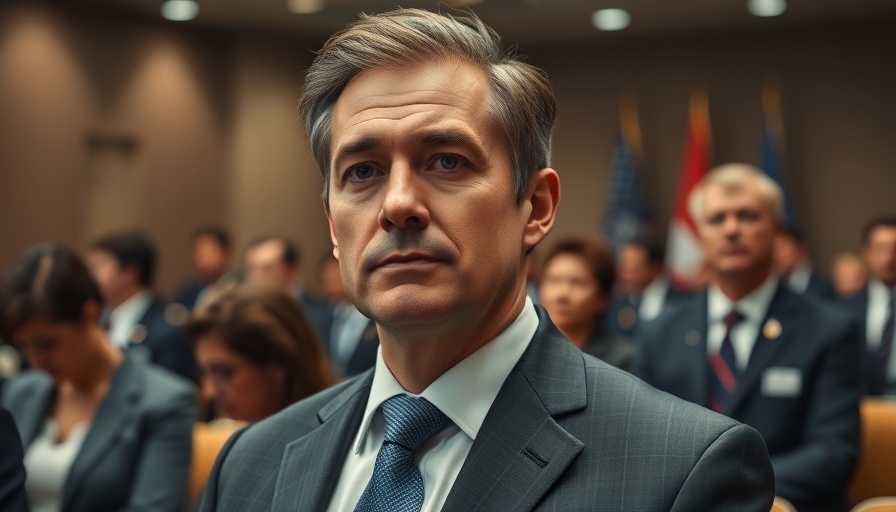
Rwanda’s Denial Amidst Serious Accusations
In a strong rebuttal to allegations made by the United Nations, the Rwandan government has firmly denied claims that its forces collaborated with M23 rebels in the brutal killings of over 300 civilians in eastern Congo. The UN High Commissioner for Human Rights reported that these killings, which took place between July 9th and July 21st in Noka Province, involved the M23 rebels attacking four villages, leading to the deaths of at least 319 civilians. Rwanda's Foreign Affairs Ministry has labelled these accusations as 'unacceptable' and insists that they serve to undermine ongoing efforts to stabilize the conflict in the region.
In 'DRC: Rwanda denies its forces helped rebels kill civilians', the gripping tale of accusations and denials unfolds, prompting a deeper exploration of the complex geopolitical landscape in Africa.
The Context of Strife in Eastern Congo
The humanitarian situation in eastern Congo remains grave, with years of conflict leading to significant loss of life and displacement of populations. The July assault marks a stark reminder of the precarious security situation there, compounded by allegations of external intervention. Rwanda has denied sending troops to back the M23 rebels despite several UN reports suggesting an extensive military support system was established, allegedly including armor and logistical aid.
Local Reactions and International Implications
The U.N.'s condemnation of Rwanda is juxtaposed with Congo's commitment to a ceasefire agreement signed in July after extensive negotiations in Doha, Qatar. Citizens in both nations are watching closely as they grapple with fears that renewed violence may derail peaceful resolutions aimed at ending long-standing hostilities. As the deadline of August 18 approaches—intended to solidify a permanent peace deal—tensions remain palpable. The potential of further violence stands not only to affect the local populace but could also ripple out, influencing broader regional dynamics in Central Africa.
Statements from the Parties Involved
The Rwandan government has accused the UN of unfounded allegations that lack sufficient evidence and seek to fracture diplomatic efforts between Kinshasa and the M23 rebels. Kigali’s response indicates a broader strategy that interlinks diplomatic credibility and a detailed rebuttal of the accusations—essentially arguing for a more mature discussion on the conflict that emphasizes peace over blame. Conversely, the UN is calling for accountability and transparency in how both governments handle the resurgence of violence.
Future Predictions: Risk of Escalation
The ongoing volatility in eastern Congo raises concerns about the potential for an escalation of conflict, especially if accusations lead to further military engagements. Analysts suggest that the atmosphere's toxic mix of unverified claims and military posturing could cultivate an environment ripe for instability. Both local and international observers of the situation fear that unless tangible measures are taken to assure accountability on all sides, the cycle of violence may not only continue but could deepen.
The Role of the International Community
The role of the international community cannot be understated in this scenario. With a history of neglect towards conflicts in Africa, there is a pressing need for a steadfast commitment to supporting peace processes that lessen military engagements in the region. Human rights groups continue to call for greater scrutiny over the actions of military forces, urging a collaborative rather than a confrontational approach among the stakeholders.
Conclusion: The Path Ahead
The issues emerging from this latest incident reveal deeper fractures in the response mechanisms regarding conflicts in Africa. Engaging with these complexities is vital for constructing solutions that foster peace and stability. The unfolding narrative surrounding Rwanda and its alleged involvement further complicates the already intricate relationship dynamics in the Central African region.
As the situation develops, it is crucial for professionals and stakeholders alike to remain informed of the changing landscape of African politics and conflicts. In this light, engaging in discussions surrounding topics explored in the recent video "DRC: Rwanda denies its forces helped rebels kill civilians" is essential for fostering informed civic engagement.
 Add Row
Add Row  Add
Add 




Write A Comment